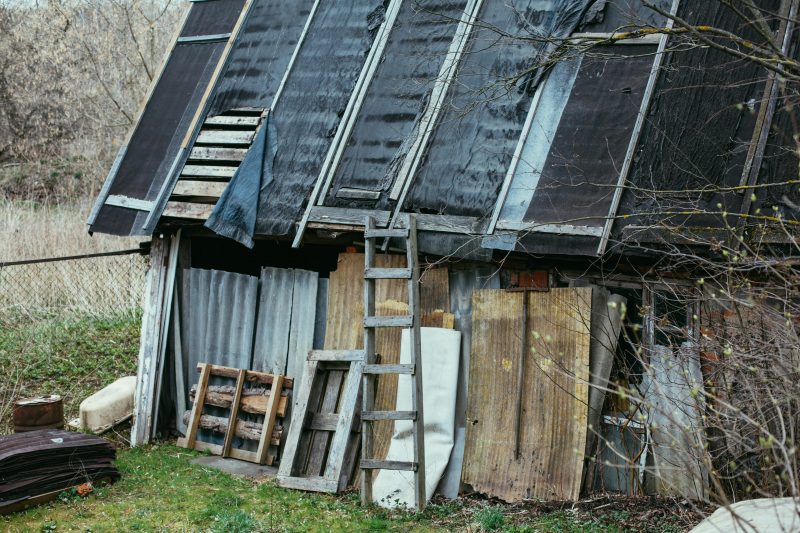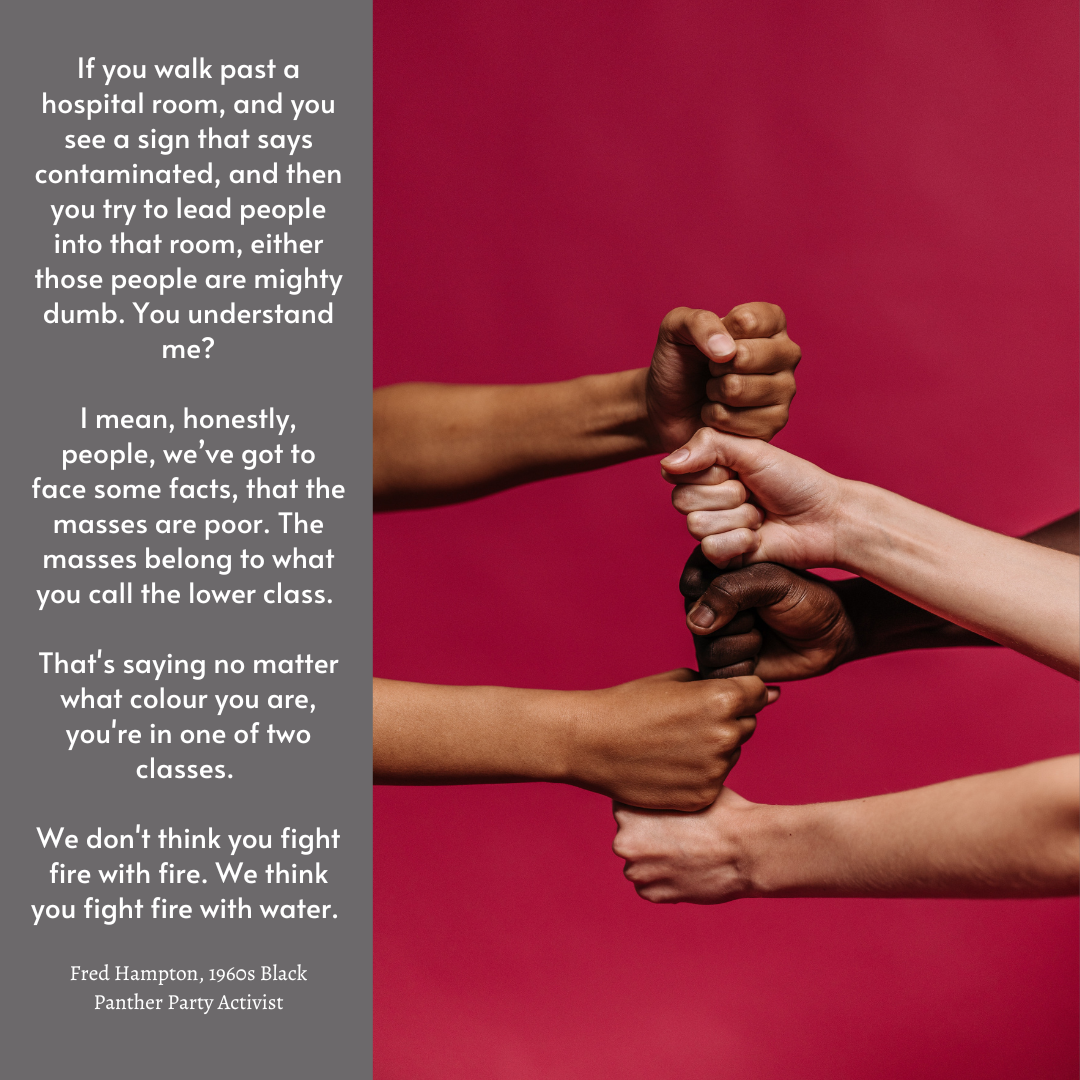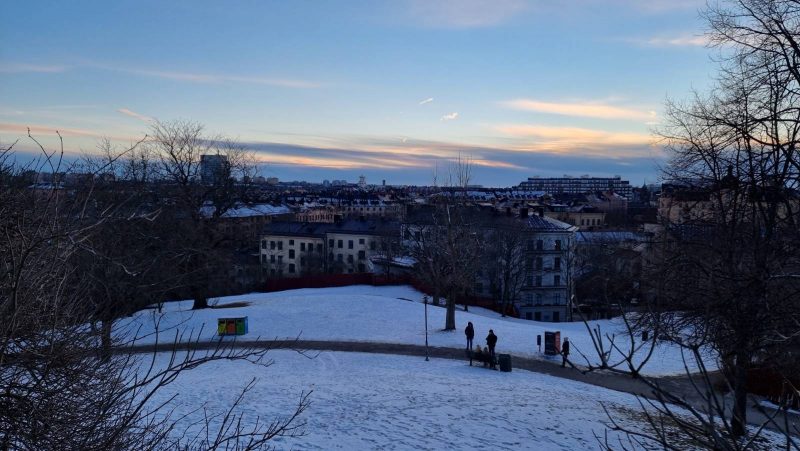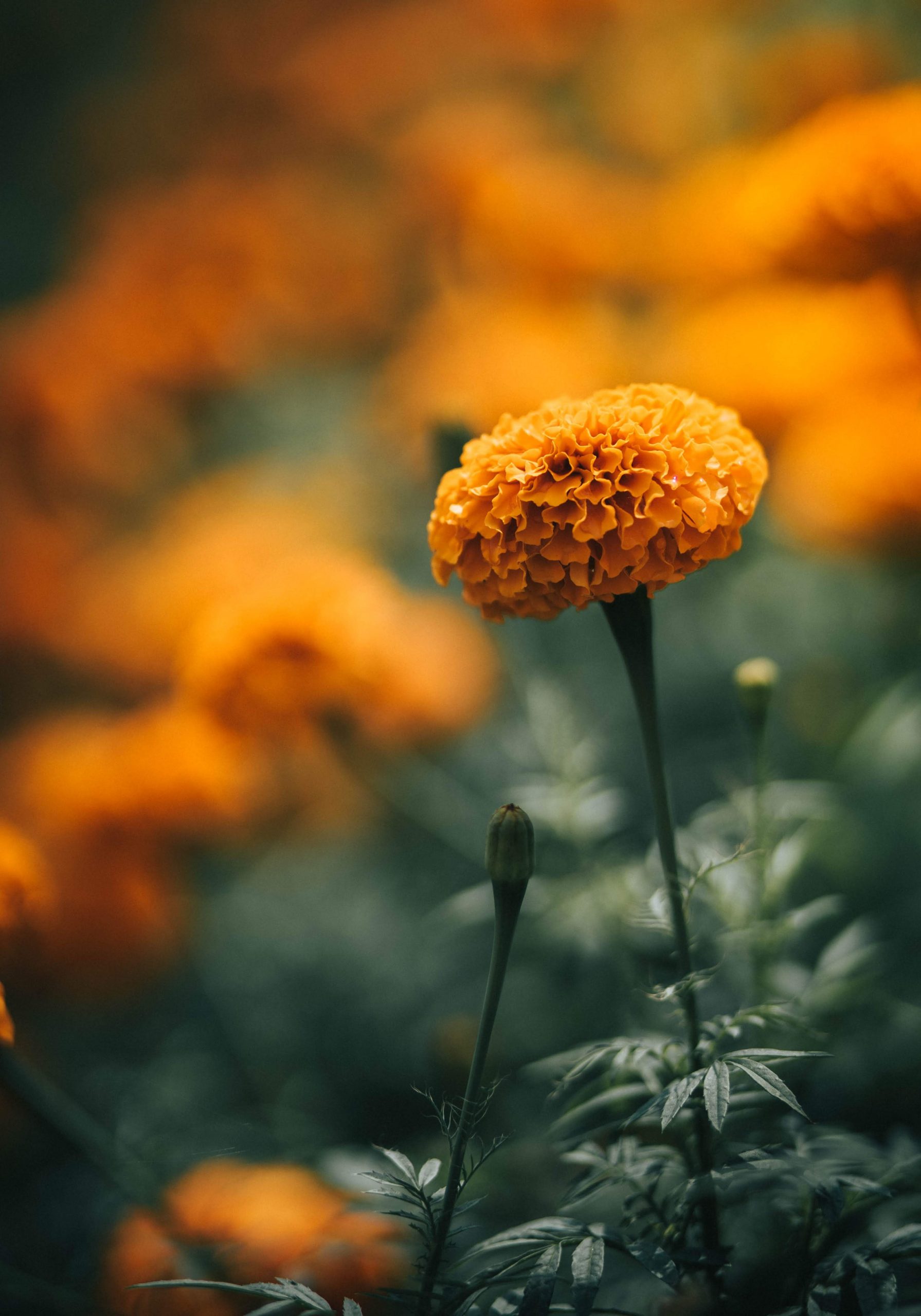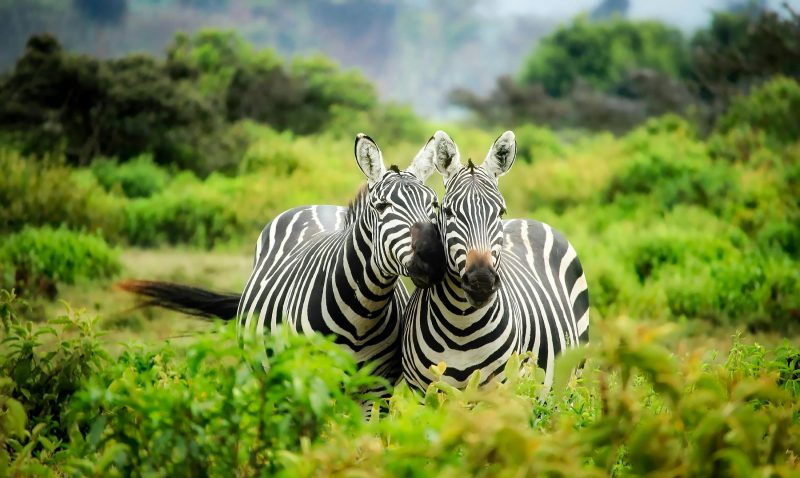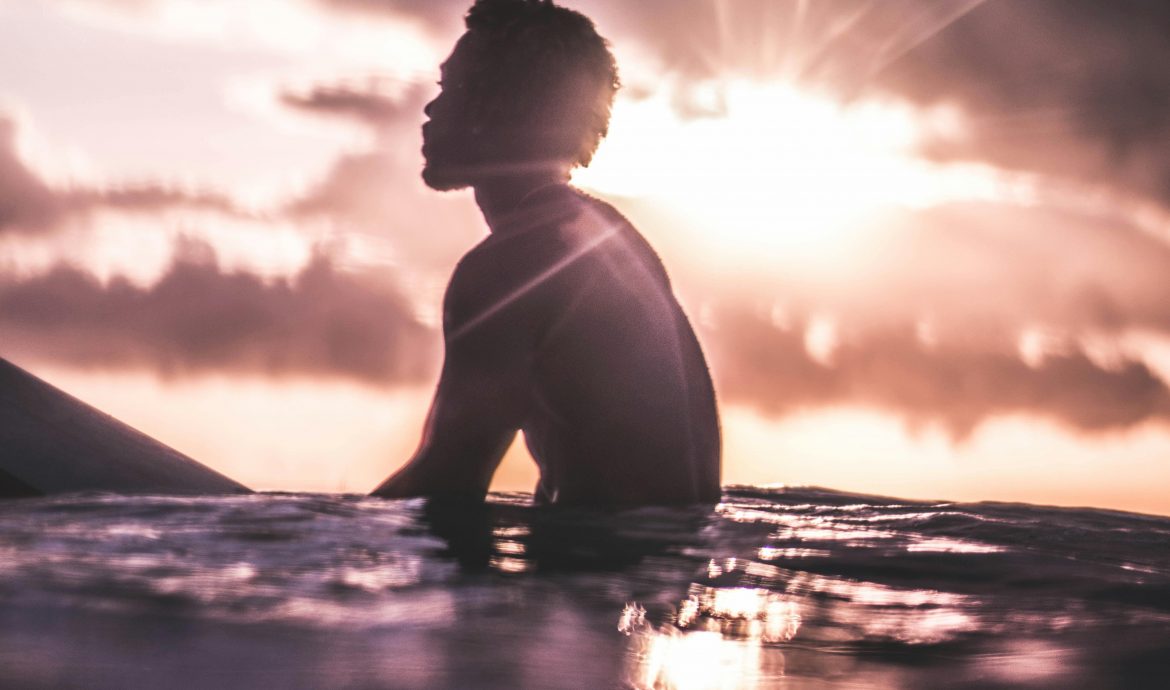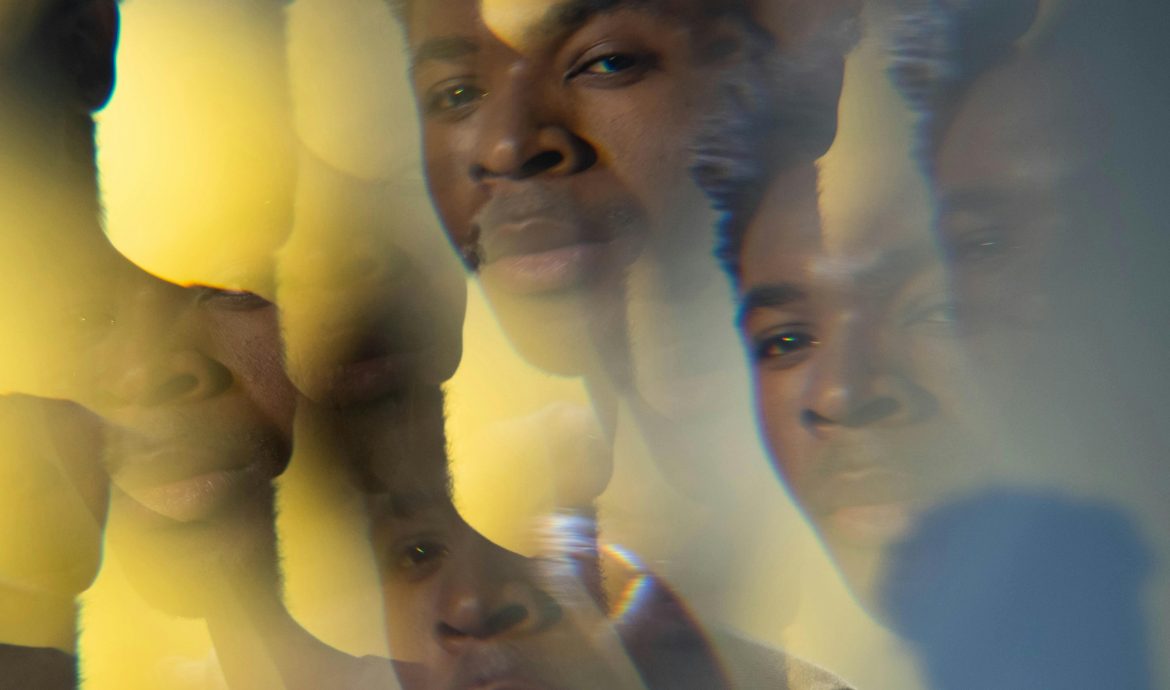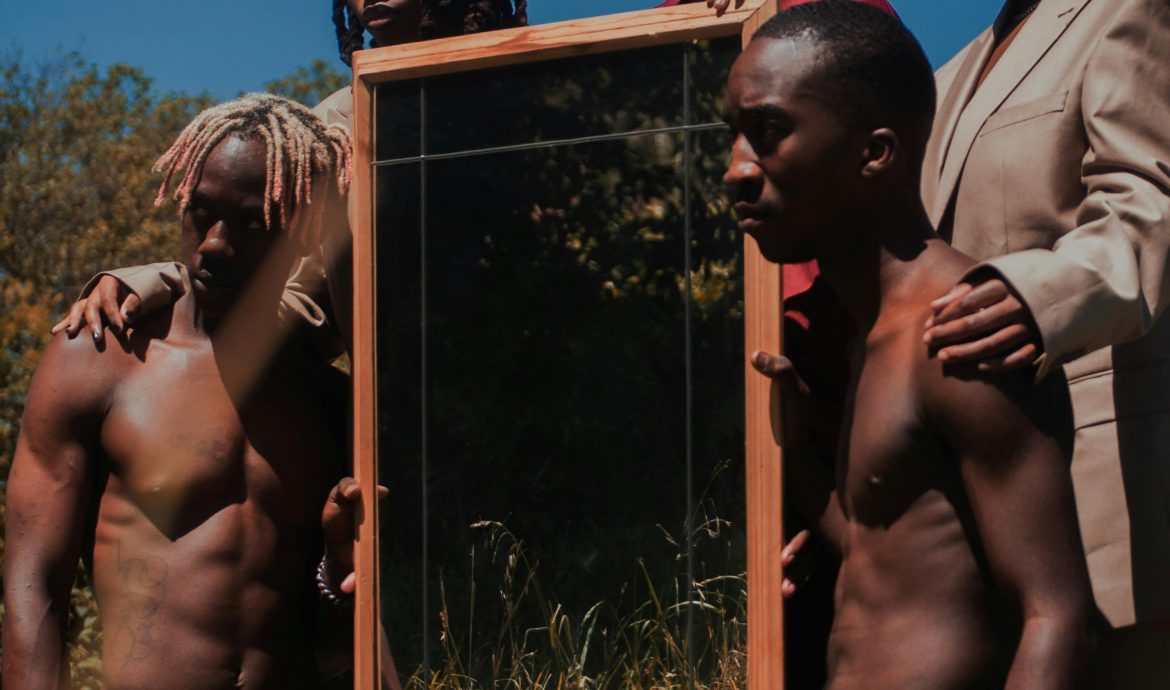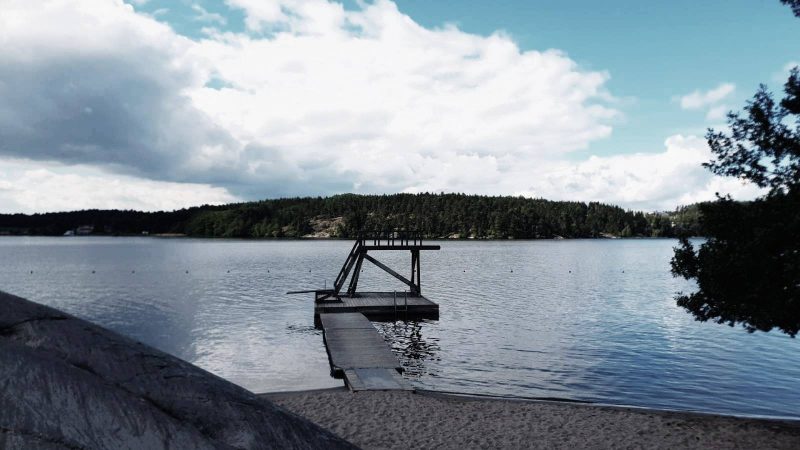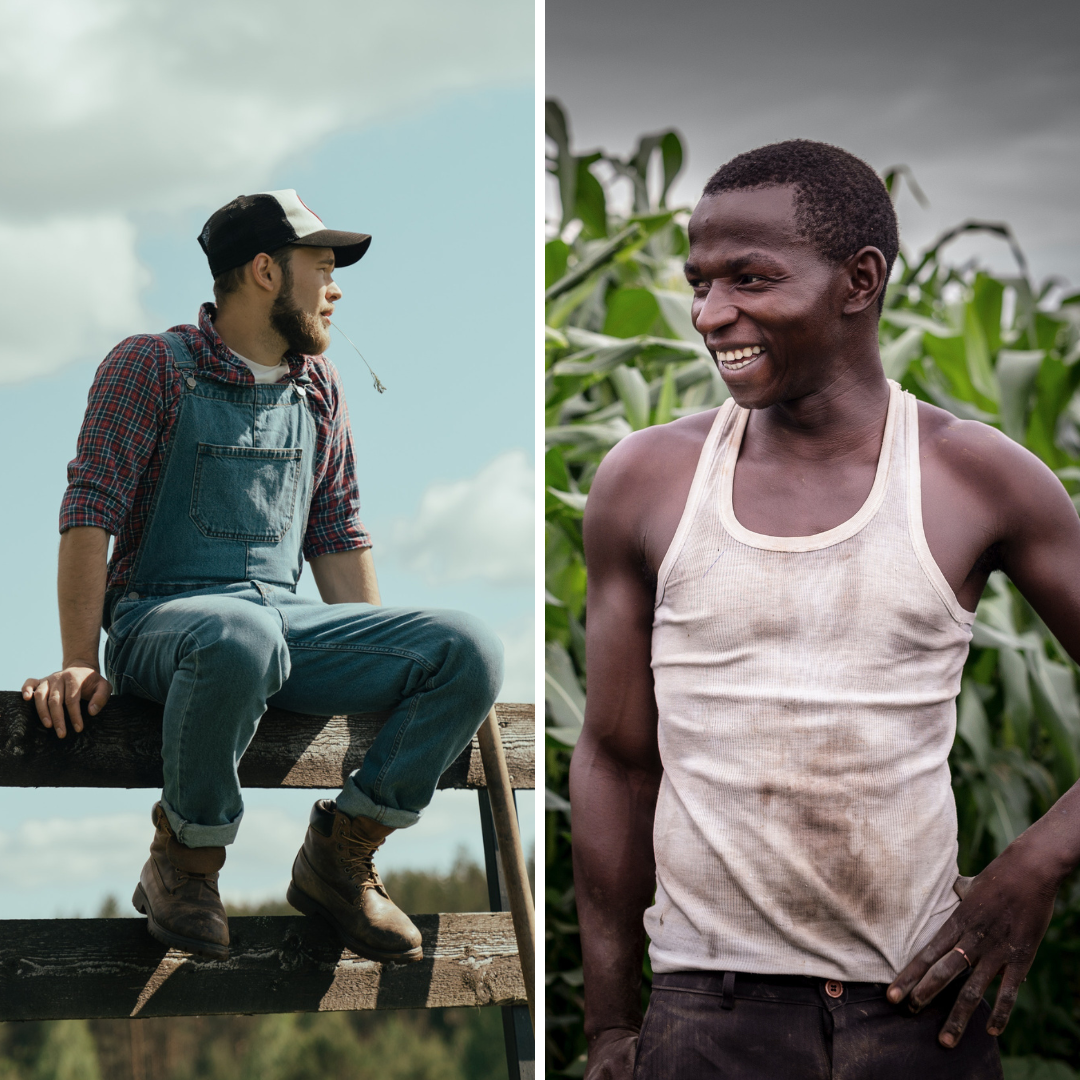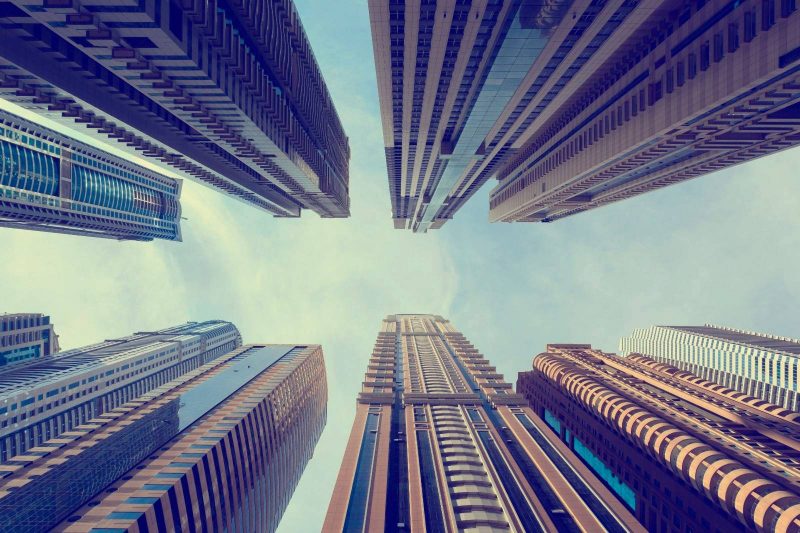He said1: The smart way to keep people passive and obedient is to strictly limit the spectrum of acceptable opinion, but allow very lively debate within that spectrum – even encourage the more critical and dissident views. That gives people the sense that there’s free thinking going on, while all the time the presuppositions of the system are being reinforced by the limits put on the range of the debate.
Why South Africa,
are the terms of the IMF loan that secured our democracy,
not widely and publicly known,
when their former head honcho of the economics dared to say,
it seems a form of financial colonialism is how they played.
Why did we beg for another US$4.3 billion belly chain,
then adding another US$750 million in weight.
US$1 billion in 2023, our South African neolibs,
sure love wearing colonial shackles, red resistance is far too late.
Here’s a question: what terms were and are attached to each IMF-World Bank loan?
Our resources, land, government—people—debt,
a promised just system denied,
our honour-bound media say little, their critiques clearly spent.
And why didn’t we learn in high school or varsity,
about the trickle-down neoliberalism,
the-privatise-your-economy road,
we were led to follow back home.
To me it seems, there’s a media culture,
of being economical or uncomfortable with the broad truth,
that must be confronted by us,
a light must be shone at the top roots.
Why in the 2010s, were we not told about the US government funded orgs,
financing hundreds of thousands—millions—to our media or corruption watchdogs.
While streams of coverage and research pointed to Rus’kis,
relevant I am sure,
the so-called independent media, academia,
failed to mention these opinion-influencing investors offshore.
They also failed to mention—a bit too conveniently—that since 2016,
US government-funded orgs were collaring British media,
to the tune of £2.6 million worth,
bringing into question how wide was the foreign influence network.
But sure, tell South Africans to focus solely on a shirtless horse rider,
an incorrigible authoritarian strider.
Ask yourselves, why did our decades-old politico opposition,
prioritise the farmers call to end labour action immediately,
while remaining silent,
seemingly uninterested in their policies for decades,
about the farmworker assaults, murders,
mental abuse, deprivation of voting rights,
and structurally-created indignities.
Seriously, we heard no shouting from them,
about the 119 farmworker murders,
since 2000, our democratic fray,
crimes that outnumber farmer murders in KZN,
of the same iliad, a sarcastic hooray!
We certainly don’t see documentaries being done,
blasted by numerous social media influence-fans,
covering the graves, Adam Pieterses’ hands,
of the Noord, Oos, Central, Wes kaap land,
being dragged, beaten, stabbed, shot by landowners,
who get to plead genocide, but always and only for one side.
The murders of:
Mam who opposed the expansion of a coal mine,
Bazooka who pushed back on titanium digging, which should have been fine.
Dorothy who was fighting for the rights of the poor in her village,
or the 25 people of Abahlali BaseMjondolo, fighting landlessness, housing,
and social injustices.
Malibongwe organising contract mine workers that deserved a collective voice,
where is our award-winning documentary about this phenomenon?
Is this only a few? How would we know?
Our independent media don’t investigate the true scale or depth,
like their many politico fans,
all lives matter in South Africa, just not equally at best.
And for how long has this been going on?
No, seriously, I am asking because most of us don’t see this stuff in the news.
And so, at what point,
does journalism in South Africa become propaganda by omission,
or through minimal coverage,
an agenda-setting ruse.
Good intentions exist but let’s face facts, when crime in rural communities was discussed,
we were led to believe that only one group of people—those with means—are innocent enough,
for our outrage, our concern, protests in urban centres galore.
We understand trauma, for sure,
crime unacceptably violent or cruel,
but what are the politico-media omitting,
from the public’s full view.
All the while, business and rainbow political fans,
hanner aan about national unity, and warn us over songs sung.
In hindsight we’re left wondering,
how much of this was painful trauma exploited,
crocodile tear-soaked, politico PR stunts.
Masking politico-business contempt for any land reform,
turning away from farmworker lived experiences,
protecting upper-class business interests,
both domestic and foreign allegiances,
when country loyalty, a commitment to ma Africa,
required rigorous analysis,
and commitment to what is needed.
Talking about the unseen,
I appreciate the ICJ court case,
that revealed laws on war crime and human rights to be a sham,
maybe, just maybe, that was the point for our elder fam.
But let’s be honest, politico rulers,
during a pre-election run-up, this ongoing starvation-design and mass murder,
was a timely distraction, from home-grown disorder.
The gluttonous or shambolic counts against you,
are innumerable at this point,
but did you really mean what you said,
or were you playing political chess,
scoring check points.
Because what ever happened to the warning,
that anyone who flies to murder as many of “them” as can be,
will be arrested in-country for partaking in murder overseas,
why now do people say,
what-about-ism Sudan or Mali or Congo instead,
the last time we checked, al-aqsa,
is not the foreign government funding our media,
certainly not funding those responsible in Sudan’s crisis,
ya hear.
But in Mali,
there are strong ripple-effect connections,
to powers outside ma Africa.
The full picture of world financing structures, regional conflicts,
the arming of different sides, cannot go unseen for much longer.
In Congo, the arrow points to global agreements,
African neighbours like Rwanda,
which detail no one seems to include in their Congo-deflection,
sneaky anacondas.
And talking about games, you politico rulers won’t mention that time,
when emails revealed the disgust of your lead,
toward mineworkers who,
live worse than animals kept as house pets, in a country of Madiba fealty.
The workers and their, what was it again, dastardly criminal acts,
compared to good ol’ Woofles are not worth much consider-respect.
M’Lady remove-their-ovaries and your lead have at least that in common.
They both it seems, don’t think the working class, mostly black,
are human enough to honour.
You hide behind your names, skin and hair,
but we see the chosen inactions, policies and processes, a kakky derriere,
the media’s game, an added affront to our,
freedom-post-apartheid misnomer.
Tell us about our rainbow justice system, my friend:
our police, courts and imprison-ment.
our people-first mass media and so-called watchdogs,
choosing front-page investigations and ads for days,
on your goop goop friends of Taj Mahal chalets,
or the undermining of Es-gaan in numerous ways,
the potholes,
the eat-as-much-as-you-can-carry scandals, manure,
but interestingly an entire system since 1994,
is left uninterrogated, without much hee haw.
They don’t investigate how deep the tunnel leads,
when men, mostly black,
mostly working or lower-middle class are forced behind bars,
some for crimes they didn’t commit.
We don’t discuss interrogation techniques, laws ignored,
what-is-in-it-for-me power abuse, looking the other way for those complicit.
Maybe for our media the justice system is of no import,
not when child torture sites in countries where consortiums grow,
they chose more than seventy-years of silence,
as those buying our South African clover, a household name no more.
And then you wonder why we don’t bother to vote,
kak and kakier have been our only two choices for hope.
To be clear, the issue this year, is the influence of those with greater systemic control.
What do laws or democratic sovereign statehood matter at all.
A priest can fly overseas, before our country’s national election,
attending political conferences in foreign economies,
saying to foreign political financiers,
that he, an unelected upper-middle class individual,
sees our country, our democratically-elected gov,
as a diplomatic proxy for eye-ran,
mind you, without proper proof in hand,
suggesting that this diplomatic war…
was the most serious threat facing a foreign land,
a foreign economy,
a foreign government, that South Africa’s people did not vote for—last I checked.
Innit interesting,
how invisible strings work.
For how long…
How many people back home have citizenship,
yet are pursuing the desires and needs of foreign interests.
Dare anyone criticise this,
as anti-democratic or just plain dodge,
they are suddenly a terrorist. Definition, please?
Or a Marxist conspiracist who knows nought.
Because let’s be honest,
do people like this fly overseas,
to criticise the foreign military bases, like AfriCom,
a growing pestilence, covering our ma Africa’s skin.
Do they stand on stage and rage about the 750 military bases,
including the 145 that Britain’s stuck with,
or voice concern about the man,
a foreign rep who told a UK crowd,
that they would do their level best.
He said, we won’t wait for him to do those things to begin to push back.
So is independent elections a thing here or anywhere in the world, I guess no cares, that’s a wrap.
I only ask because the wilfully silent media think it somehow appropriate,
that our politico opposition held private meetings with foreign economies,
supposedly asking for monitoring of this year’s elections,
never first mentioning their concern to our independent monitoring body, their round-robin smells of foreign influence asked of neol-lib monopolies.
And never mind that soon after politico opposition’s correspondence with stars and stripes,
a bipartisan bill was placed before that country’s congress,
suggesting that South Africa sides with malign actors,
the same phrase used in their letter, their African games leaving a stain still sombrous.
I don’t see the same virulent African unelected, elected or media concern,
voicing disapproval for the coup attempt, staring stars and stripes, in the DRC in our election year.
Raising questions about the private pal aunty,
who held a Davos meeting with 150 global tech leads,
underscoring the need for international solidarity,
while most of our world’s information, South Africa’s included,
is controlled and held by these tech-based, multinational firms.
I don’t see any African priests, politico-business leads,
traveling to stand on stage,
to mention their worry,
over tech patterns favouring one set of shared social info and ads,
some ads calling for the genocide of the walled-in clans,
or calling for women and children and the elderly to be wiped out,
or the use of these tech platforms to organise violent attacks in 2021, no need to shout,
deleting, removing or shadow-banning,
suspending, prevented from commenting,
but don’t worry, implicated media, Davos and declared so-called technical issues,
have nothing in common, it’s all in our head,
just be a good girl or boy, we hear you say,
be a well-behaved Gen-X, Millennial or Gen-Zed.
Foreign control and influence like this,
the nationwide continent-wide consequences of this kind,
these conflicts of interest,
is considered where South Africa,
across our increasingly guileful media,
who fail to mention, for instance,
pal aunty’s winning contracts,
that allows access to Africans’ encyclopaedias,
like the World Food Programme, an NHS England data platform,
or the sixty-nine Euro docs that relate to its Euro reach, a new norm.
The same pal aunty that is being criticised for its icy involvement,
in how immigrants across the atlantic were treated.
The same aunty whose military platform,
can consider the range of weapons with the right capacities,
making battle damage assessments or estimates,
that is being used in hot wars as we speak, good luck to us human inanimates.
Or how about the prophetic priest,
who gets government contracts,
from the foreign gov financing our media,
who also reeled-in national industries like banking and finance,
from the UK and Myanmar,
India and now Slovenia,
while the founding father sends eye-dee-eff,
tens of millions.
No, media? Possible vested interests, not worth a second-guess?
Ah, the use of white phosphorous,
burning you from the inside, blurring your sight…what a mess.
I’m going to say fam, this sounds like inconvenient truths,
our trusted media choosing to turn their cheek.
Their lips are sealed shut,
when it comes to the full beat.
Whether state financed or foreign bought,
there’s plenty of higher-ups feeding us blinkered views, undercutting democratic freedoms, selling us out.
And what does that mean for democracy, yo,
I don’t think we are ready for that convo.
Getting back home,
what is capital flight,
tell us, South African bedmates, please do,
The US$329 billion estimate that went bye-bye till 2018,
at a time we were meant to fly.
Tell us about below-inflation wages,
and whether the Marikana miners were the tip of the iceberg.
No more convoluted stories about how business works
How in the seven hells,
could the business gods live with themselves,
allegedly fixing foreign exchange profits,
when our masses are barely alive,
living in lower-class coffins.
What is happening to the investigation into agricult,
in a country where working class boere sigh,
over food prices they can no longer afford.
What did they say again,
all the way back in 2000-and-9,
liberalisation hasn’t necessarily created competitive markets.
Is this the same prioritising private interests, the neoliberalism,
we were saddled with when rainbow nation was a common line.
And within how many industries,
was this the case.
Lest we forget, we have had no Zondo Commission,
about this neoliberalism,
despite this being the system producing our outcomes to date.
Why only recently are we finding out about high wage gaps,
in some industries where economic contributions,
don’t justify management’s comfy naps.
In 2018—twenty-four years in—South Africa ranked fourth in the world,
in the fucking world, dude,
for the highest wage gaps between executives and average workers.
In a country, where most of us are employed,
by these profit-focused berserkers.
Worse, we were only ranked below countries like the US and UK,
that are listed as “first-world”,
not a “third-world” gainstay.
Ranking below us were Canada, China,
Germany, even Spain, for Pete’s sake,
such listings surely make those in power look like corrupt cakes.
You want to know something fun, SA.
In that same 2018, the classes below,
the South Africans global national media don’t care to notice,
were losing their homes, small businesses,
freezing their retirement annuities or opting out of private medical aid schemes,
crushed by corporate-set expenses, drowning in debt,
barely alive, working two or more jobs to meet the costs of life.
Then add blackouts, crime, racist, sexist interpersonal trauma,
add poverty-driven starvation and childhood abuse,
a merry-go-round ripe for alcoholism,
depression,
and recreational-drug-o-rama.
Here’s the concern,
if you go from a shack to a low-cost house,
unemployment to employment,
they say, everything will be A-okay,
but how does that work,
when the lower-middle class had jobs and university degrees,
they were still being impoverished, which is clear,
finding out now, about “market forces”,
doing them dirty for years.
Can the lower classes expect reparations for this shit,
or is that benefit exclusive to big business, with state approval?
Don’t do that sneaky sneaky thing you do, callous media,
propagating the business lie that reparations is unaffordable for 102 centimillionaires in 2024.
The union rep for the local-foreign trickle-down rich, the decades-old politico opposition,
forget to mention the EU in-work poverty reports and how developed Europe looks to level out their own wealth floor.
We are consistently told that the theft, mismanagement, apathy of a political king,
is the only real reason why we were suffering.
Okay, I’ll bite,
I am equally exhausted,
but take a step back, how exactly was trickle-down to work,
in a structurally, demographic-inequitable mess,
made real by neo-Nazi liberal economics,
of old geopolitical extent.
How was serving the desires and needs of big business,
both domestic and foreign,
going to guarantee that we would be enriched justly,
in the land, we called home.
Because as far as I can see,
in these gloriously painful years,
the trickle-down hasn’t been trickling, my friend,
it’s been flooding upwards,
into bigwig mouths, noses and ears,
which is particularly interesting seeing that,
South Africa was ranked as the 39th country in the world,
with the largest economy through GDP.
Our business-politico mates were clearly drinking in 2022,
while the rest of us—the lower-classes,
could only afford to drink our own urine.
Why South Africa,
do we never discuss critically and intelligently,
the country’s resources and industries,
those that control it, especially seeing that control and influence matters.
Where is the critical analysis on company equity deals,
and which countries, through their businesses,
own what is rightfully ours to use.
How many companies are partially or fully foreign-owned,
and what does that mean for true South African enrichment and class inequity,
if most of our African manganese and such,
is controlled by foreign actors.
Why do we never mention the reality,
that we don’t have fully-owned, fully-made South African electric cars,
laptops, streaming services, social media platforms, to name a few,
that for most of my life, our film and media content was bought from the US,
and what does that do to our local industries,
content limited to a few.
Have we never wondered how much we have been enriching other countries,
and their economies,
when South African wealth should be for all South Africa,
Africa-first, isn’t that obvious.
When they talk about the threat of foreigners,
always a working class menace,
they don’t mention, last season’s expert, who said,
corporates privatising land is entrenching inequality,
transnationals too,
private property developments,
the money-making boogaloo.
The top politico mates who point us to “illegal” human beings,
never mentioned, ever,
foreign corps grabbing acreage,
solidifying justice arrears.
The ripple effects on the economic majority,
a working class kept in the dark,
long discussions about black versus white, immigrant alike,
in reality, zebra exploitation, resource expropriation boils down to class.
And on this constantly scapegoating desperate human beings,
do you ever get tired of making “black lives matter” an African farce,
with your nationalist bigoted ideas that last.
Because let us get real,
from one born South African to another,
lower-class foreigners,
are the most vulnerable people in our country, however much a bother.
The old politico contenders, across black, white and brown,
know this very well, they’ve known it for years,
and they use this immigrant vulnerability,
to pull at your ears.
Willfully shifting their governance failures at provincial, national level,
onto ordinary people you call “them”,
while you willfully choose to be blind to their political needles.
How easily they sew division on the ground floor,
while the penthouse, business-and-politico, lie back and snore.
Don’t believe me,
have you never scrutinised your neolib politico contenders,
black and white, of 1994 fame.
The bigoted ideas they brandish,
or bury deep in suggested policy action, all to shit-stir your hate.
What was it they said,
the health care system was problematic,
because of the weight that foreign nationals are bringing to the country,
or, how about, the securing our borders line,
copied and pasted from a foreign country,
the same one funding our blinkered media, that created woke and anti-woke,
terms that we never before heard of.
Linking immigration of the lower classes to job creation or crime,
can’t you see, brothers, when you’re getting played?
Or is this too painful for you,
you merely want to be saved.
These so-called “illegals” have no voting rights,
no political voice.
They’re at our mercy,
real fear.
They have no support structures,
like structured in-country community,
or ease of language or laws that prioritise them for job opportunities.
Certainly, no accountability structures,
proactively protecting their rights.
So when they get exploited by our business industries and households,
paid lower wages,
or forced to work while sick or through public holidays,
they have no one to turn to,
modern-day slavery of sorts is just their life.
And they sure as hell can’t come to you, their African cousins,
who are as likely to blame them, shame them,
hurt, murder and maim them,
making excuses for obvious bigoted stereotypes.
So of course, you can get away with mimicking racist ideas,
about “those people”,
the kind of ideas that people like me throw at you, my black brothers,
even now to this day.
Keep telling yourselves they’re not equally civilised,
not decent, not deserving like you,
because ultimately they don’t remind you of you,
and that is their biggest crime in our country, yeah,
be honest, through and through.
You, who proudly make social media statements,
of how they are the criminal threat,
do you know black South Africa, how many white, Indian and coloured people,
still think that of you and yours, when we discuss you before bed.
We don’t care about the neo-lib system,
the socio-political structures, the gov policies and business choices that have crushed you into dust.
We don’t waste our breath talking about poverty’s role,
exploitative or unfair business policies and practices,
unemployment causing you to move into awful crime hubs.
Noooo, why would we,
you are not human like us.
We would be remiss to make such a fuss.
When you say,
those foreigners are stealing our jobs or dealing drugs.
Haha, I hear my grandfather’s voice,
as he suggests all impoverished coloured people,
are “drug-dealing, taking gangsters”.
These are old racial whispers,
racist, human-ranking insults,
meant to degrade and dehumanise,
so that your politico contenders of whatever faction,
can do your abusive cruel bidding for life,
and deflect the bigotry buried inside,
treating African foreigners like pawns they can push aside.
You will quickly turn on the Zim or Zambian,
who lives in the shack next door,
assaulting, murdering, degrading their humanity,
and more,
but you won’t turn to South African neo-lib leaders,
both politico and business alike,
and give them a back-handed klap,
for ruining, selling,
collecting more, exploiting what is ours.
You choose not to place your grief at their doorstep, because,
maybe, just maybe, you’d have to admit,
the structures of the neo-lib system should have been,
on your watch, re-looked at.
Maybe you’d be forced to stare into a mirror,
asking yourselves, how did I betray my country,
our country’s people, a democratic name,
something none of the politico contenders,
are willing to do sincerely and diligently,
isn’t that a shame?
This was never about foreign African poor,
Sies!
This was about justice! A just system,
that was denied for my 38 years and more.
This is about lived grief,
national fucking grief,
that you are born to a land, more and more privately owned,
public service being a wish rather than a guarantee,
one that should show visible progress to all.
This is about trusting a system from birth,
later finding out,
it’s economically murdered you, and everyone you know,
and feeling a deep pain,
so deep, you cannot scream,
for fear that your voice may go, your soul may leave.
This is about selfishness,
greed at the highest levels of business and political power.
It is about open wounds,
bleeding onto a foreign, working class punching bag.
Get it? No? This is about class betrayal, friends,
from a penthouse dominated by minority white, now including some black and brown,
sitting on asset thrones, most have not earned,
watching working people starve to die, a lower-middle crushed to the ground.
Can’t you see? They don’t want the lower classes to unite,
the media higher-ups, the politico-business clan.
If you see the penthouse for what it is,
you might gather, act against the system, you might finally understand.
So I don’t care, what you say,
I will die on this hill, bra,
honouring our equal humanity, every night and day.
I promised my dead brother on that Phoenix video,
that I will never again be complicit, silent on bigotry,
and I plan on keeping my word,
despite this contempt-filled, policy-driven zealotry.
And so, when we ask questions, South Africa,
who controls the spotlight,
that is meant to lead us to answers,
the system,
institutional policies, processes and practices,
driven by political and business elites.
Right wing, centre-left,
chicken wing alike,
they have for three decades
been driving this bus into shite.
Who are we supposed to trust, South Africa,
white or black, yellow or blue,
advise me, please,
because from where I stand, these two politico contenders,
with their respective media blankets,
appear long symbiotic bedmates.
Full bellies stuffed with privilege, wealth or cash,
constant lawyer-driven or social media games hide,
comfort with class exploitation and complicity,
with an unfettered trickle-down system,
much more than proximity to racialised minds.
Like the deal with a preferred for-profit business,
to manage my province’s harbour.
How do our class-sies media frame the labour union’s voice?
“Scupper” is their verb of choice,
as if the ordinary people of my seemingly democratic country,
are a nuisance, unworthy of a disobedient vote.
Too, is the weaponising of old race tropes,
hidden behind words like civilised or dictator,
most-of-Africa-is-Christian anecdotes.
Man, seriously, good luck,
on those rapturous days of note.
We also shouldn’t ignore,
the men: black and white,
politico-business,
celebrity-media, young and old alike,
the so-called liberals who say,
we need more centrism, whatever the hell that means, sure must sound good that day.
They label any structural change as extremism,
talking about killing it on stage,
constantly brow-bent, they smile broad and wide,
pretending in front of children it seems,
that they have not spent most of their lives,
building their self-esteem and net worth,
by making the powerful,
however comfortable with what’s unjust,
accept, tolerate or like them, an unspoken must.
But their dismantling of a dream, a just system,
goes beyond private or media goose-stepping,
their deference or promotion of the neo-lib status quo is what we miss.
They never mention, let alone critique private equity “investment” games,
all over the world.
The raising of investment monies using other funds, like pensions,
searching for companies with assets,
like commercial property they can sell.
Our upper-rung libs of zebra stripes never mention, let alone critique,
how the sale of these assets,
combined with a collection of fees,
including new rental costs are a fin media mystery,
often resulting in purging of staff,
efficiency rebuilding, ultimately matching their investment leg-up,
which means anything more becomes extra dough for them, a gravy train,
a sweet deal in the main.
And what we don’t see or hear from the libs we trust,
is how in practice the “investment” deal then becomes a debt for the beleaguered company taken over,
sometimes having to pay management fees for years that don’t count.
And what does all this mean for sustainable growth, company and industry wide,
what does this mean for the service of people, consumer costs and the workers left behind.
What does two of twenty mean. Show us lived case studies on how this works.
How many of these parasitic deals have been finalised in ma Africa?
What is the risk of this happening to our continent, to us?
They don’t ever mention the cost of inequity in global capital markets,
terms like seigniorage, market dominance and the impact of global policies,
the global comparative share of public employees per population,
what could work for South African prosperity, our developing economy.
They don’t mention the Investor State Dispute Settlement game,
how it forces corporate foreign interests to take first place,
or how foreign development aid is a cover,
corporate social responsibility, yet another,
who is truly controlling and leading the nation, I ask but those in charge don’t bother.
Ergo, we are left with black and white critically-superficial stars,
who hide their focus on their own personal wealth,
behind libertarian, hustle-and-grind, personal investment success words.
When they come, and they already have,
the evolving wisdom must be brought to bear,
that of the lumbering church on the hill,
who said, I hear,
an appeaser is one who feeds a crocodile—hoping it will eat him last.
The lesson, my dears:
a drive for individual wealth from an inequitable system,
is a comfort with injustice that you should be critical of.
Few of you back home can afford,
to avoid critically questioning,
the structures of our geopolitical national reality, present and past.
Of course, of course,
I still want to believe.
I hope,
I want to hope for the people I was forced to leave.
But thirty years later, it is our birthright to see the whole picture,
not just the bits they want us to focus on,
while now two politicos butt kiss,
their pals still drinking from the country’s pitchers.
An honest man once said,
you either serve truth and justice,
or privilege and power,
less relevant is interpersonal race, gender, citizenship, more what’s above us, the stuff we miss.
….
But hey, man,
what do I know.
I am a mom, not a heterodox economist,
or a political, media wagging tongue.
I was only once a ten-year-old girl,
promised freedom, economic too,
a long-ago silenced drum,
as time has gone on.
So to the young,
the ordinary sunny-blooded,
stay critical, stay informed,
ask the kind of questions that bring discomfort to your norm.
Love ma Africa more than your racial, ethno-religious,
nationalist, political allegiances.
Love her more than the media that prop them up for your viewing.
Love your ma, more than yourself,
and put your faith in her first.
Please, argue for the doing of what’s right,
even if it costs you a social circle,
some friends at the braai or the tennis club.
Don’t make our mistake, sweets,
letting hope be a turgid fantasy,
masking the very system needing wider interrogation.
Your country’s future chained to a rainbow that gives scantily.
Being hopeful is to be uncomfortably courageous,
amongst upper-rung power.
If you are quickly the suitable candidate,
you might actually be a ticked box,
more than a solving problems brauer.
When a nation has been sold a painting of blank spots,
you learn with age that the opus is a puzzle,
and what’s missing,
might be the influence and games of the ascots, stuff worthy of a muzzle.
Although whatever you decide,
I hope, truly I do,
that everything you wish for darlings,
is made real for you.
Whatever my criticisms,
your current fears and despair may be,
iAfrika’s protea home has always deserved,
to be independent,
and equitably free.
Sources:
-The co-optation of the African National Congress: South Africa’s original ‘State Capture’ by Sampie Terreblanche, Feb 2018, sahistory.org.za
-Life or Debt: The Stranglehold of Neocolonialism and Africa’s search for alternatives, Apr 2023, Dossier No. 63, thetricontinental.org
-South Africa borrows from the IMF for the first time since apartheid, Jul 2020, economist.com
-South Africa’s EFF slams World Bank, IMF loans, Feb 2022, africanews.com
-World Bank approves $1billion loan to help South Africa tackle power crisis, Oct 2023, Reuters
-Manufacturing consent: How the United States has penetrated South African media by Ajith Singh and Roscoe Palm, Aug 2022, mronline.org
-Pro-Russia X Accounts Tout Zuma’s South African Party, CIR Says by Antony Sguazzin, Apr 2024, bloomberg.com
-‘CIA Sidekicks’ gives £2.6 m to UK media groups by Matt Kennard and Mark Curtis, Jan 2022, declassifieduk.org
-South Africa: Farmers and Unions are in Agony by Brandon Moss, Oct 2022, agrifocusafrica.com
-Exploitation of Farmworkers in the workplace: Briefing by Human Rights Watch and FAWU by Parliamentary Monitoring Group, Nov 2011, pmg.org.za
-Farm murders and rural crime: Unpacking violence, race and statistics by James de Villiers, Jul 2020, news24.com
-More farm workers than farmers murdered in KZN in last 20 years by Lwandile Bhengu, Oct 2020, timeslive.co.za
-EFF applauds justice for farmworker horrifically murdered by farmer by Daniel Friedman, Aug 2018
-Civil society actors call on the State to Defend Our Defenders by Tsepang Molefe, Oct 2023, cer.org.za
-Killing the collective by Luke Sinwell and Nicholas Rush Smith, Jul 2022, africasacountry.com
-Innocent people in jail for decades by Susan Du, Jun 2013, iol.co.za
-10,000 Palestinian Children ‘Tortured’ by Israeli Forces over Years, Says PLO by Johnlee Varghese, Nov 2014, ibtimes.co.za
-Milco consortium offers $359million to acquire South Africa’s Clover by Jim Cornall, Feb 2019, dailyreporter.com
-The Republic of South Africa institutes proceedings against the State of Israel…, by International Court of Justice, Dec 2023, icj-cij.org
-Naledi Pandor: “South Africans fighting for Israel will be arrested”, Mar 2024, africanews.com
-Mali threatens to defend against French sovereignty violations, Oct 2022, saltwire.com
-DRC: ‘We know the M23 is backed by Rwanda, but France has looked the other way’ by Fred Bauma and Jason Stearns, Dec 2022, lemonde.fr
-South Africa’s chief rabbi tells AIPAC African countries could be key allies to U.S., Israel by Marc Rod, Mar 2024, jewishinsider.com
-Cyril Ramaphosa – South African union leader, mine boss, president, BBC News, June 2024, bbc.com
-What Is AFRICOM? How the U.S. Military is Militarizing and Destabilizing Africa by Samar Al-Bulushi, Jul 2023, teenvogue.com
-750 Bases is too many for any nation: Time for the US to bring its troops home by Doug Bandow, Oct 2021, cato.org
-Mike Pompeo tells Jewish leaders he would ‘push back’ against Corbyn by Rowena Mason and Heather Stewart, Jun 2019, theguardian.com
-US gives it’s official response to THAT election request by the DA by Sara-Jayne Makwala King, Mar 2024, ewn.co.za
-US Congress received bill to review South Africa relations by Lizeka Tandwa, Feb 2024, agoa.info
-3 Americans accused of involvement in DRC coup attempt, May 2024, africanews.com
-Silicon Valley icons unite in Palantir Davos event to bring hope and support to Israeli hostages, Jan 2024, CTechnews, calcalistech.com
-It’s not a glitch: how Meta systematically censors Palestinian voices by Marwa Fatafta, Feb 2024, accessnow.org
-Palantir and WFP partner to help transform global humanitarian delivery, Feb 2019, World Food Programme, wfp.org
-NHS signs a £10m deal to support rollout of Palantir data platform by Sam Trendall, Apr 2024, publictechnology.net
-What is Palantir doing in Europe? lighthousereports.com
-Palantir Technologies contracts raise human rights concerns before NYSE Direct Listing by Mariya Parodi, Sep 2020, amnestyusa.org
-How Palantir is shaping the future of warfare by Bruno Macaes, Jul 2023, time.com
-Pentagon splits $9 billion cloud computer network contract with 4 firms by Tara Copp and Matt O’ Brien, Dec 2022, pbs.org
-Oracle strikes deal with Slovenia’s SID Bank for core banking and payments technology by Tyler Pathe, Jan 2024, fintechfutures.com
-Founder of software giant Oracle Corp is Jewish: Larry Ellison by ZEV STUB, Sep 2021, jpost.com
-Israel carries out more than a thousand white phosphorus strikes in Gaza, Nov 2023, euromedmonitor.org
-Capital Flight from Africa: Resource Plunder and the Poisoned Paradises in Tax Havens by Léonce Ndikumana, Mar 2021, taxjustice.net
-South African getting poorer by Shaun Jacobs, Oct 2023, dailyinvestor.com
-We need to talk about wage theft by Kwezi Mabasa and Dominic Brown, Dec 2022, africasacountry.com
-UK bank coughs up R43 million for manipulating the rand, Nov 2023, businesstech.co.za
-Competition Commission’s focus on Agriculture and Food value chains by Competition News, Sep 2009
-South Africa’s wage gap is huge: Why companies should report what CEOs and workers earn by Imraan Valodia and Arabo K Ewinya, Nov 2023, theconversation.com
-Ratio between CEO and average worker pay in 2018, by country, statista.com
-Wealth Report: Why Africa will have more millionaires by Sylvia Chebet, Apr 2024, trtafrika.com
-DA’s minimum wage stance: Smart politics or risky move? by Ivo Vegter, May 2024, biznews.com
-Fair minimum wages: action for decent living conditions in the EU by European Parliament, Aug 2021, europarl.europa.eu
-South Africa: The country where the corrupt go to parliament by Shasha Seakamela, Apr 2016, fairplanet.org
-Migration in Southern Africa: Openness is overshadowed by xenophobia, Dr Khangelani Moyo, Feb 2024, welthungerhilfe.org
-Comments by Ruth Hall, full professor and holds the DSI-NRF South African Research Chair (SARChI) in Poverty, Land and Agrarian Studies, Has Land Reform failed in South Africa, Dec 2023, Unfiltered, SABC channel
-Biggest economies in 2022 by gross domestic product, worlddata.info
-Xenophobic attacks in South Africa ahead of elections: South Africa’s election season rhetoric has sparked fresh xenophobic attacks on African migrants by Lynsey Chutel, Apr 2019, Quartz Africa, africafocus.org
-Refugees struggle to renew their asylum documents with Home Affairs online system by Tariro Washinyira, Feb 2022, groundup.org.za
-South Africa: Foreigners injured in xenophobia clashes, Jul 2010, bbc.com
-Immigrants the scapegoat for SA’s socio-economic challenges before elections by Goitsemang Matlhabe, May 2024, iol.co.za
-Immigrants under attack after police officer’s murder in Diepsloot by Manyane Manyane, Feb 2020, iol.co.za
-Cancelling an asylum application if not renewed on time is unconstitutional, ConCourt rules by Jenni Evans, Dec 2023, news24.com
-On words, actions, dehumanisation and accountability, Jan 2021, Brené Brown, brenebrown.com
-Journalism’s trust problem is about money, not politics by Jacob L Nelson, Jun 2024, theconversation.com
-South Africa closer to port privatisation with ‘game changing’ ICTSI deal by Alex Whiteman, Jul 2023, theloadstar.com
-Labour unions imperil billionaire’s Durban Port teminal takeover, Jan 2024, moneyweb.co.za
-Further thoughts on the economics of imperialism by Michael Roberts, April 2024, sadtm.org
-Comments by Gretchen Morgenson, author of These are the Plunderers: How Private Equity Runs—Wrecks—America, How private equity conquered America by Chris Hedges, Mar 2024, The Real News Network channel
-Comments by Jayati Ghosh: US, Global South, Chinese Subsidy Model, Debt, Inequality & India, Tiger economies, Jul 2024, India & Global Left channel
-Comments by Matt Kennard, author of Silent Coup: How corporations overthrew democracy, How Corporations control our Governments by Novara Media, May 2023
-Chris Hedges: PEN America and the Betrayal of Julian Assange by Chris Hedges, Dec 2021, mronline.org

